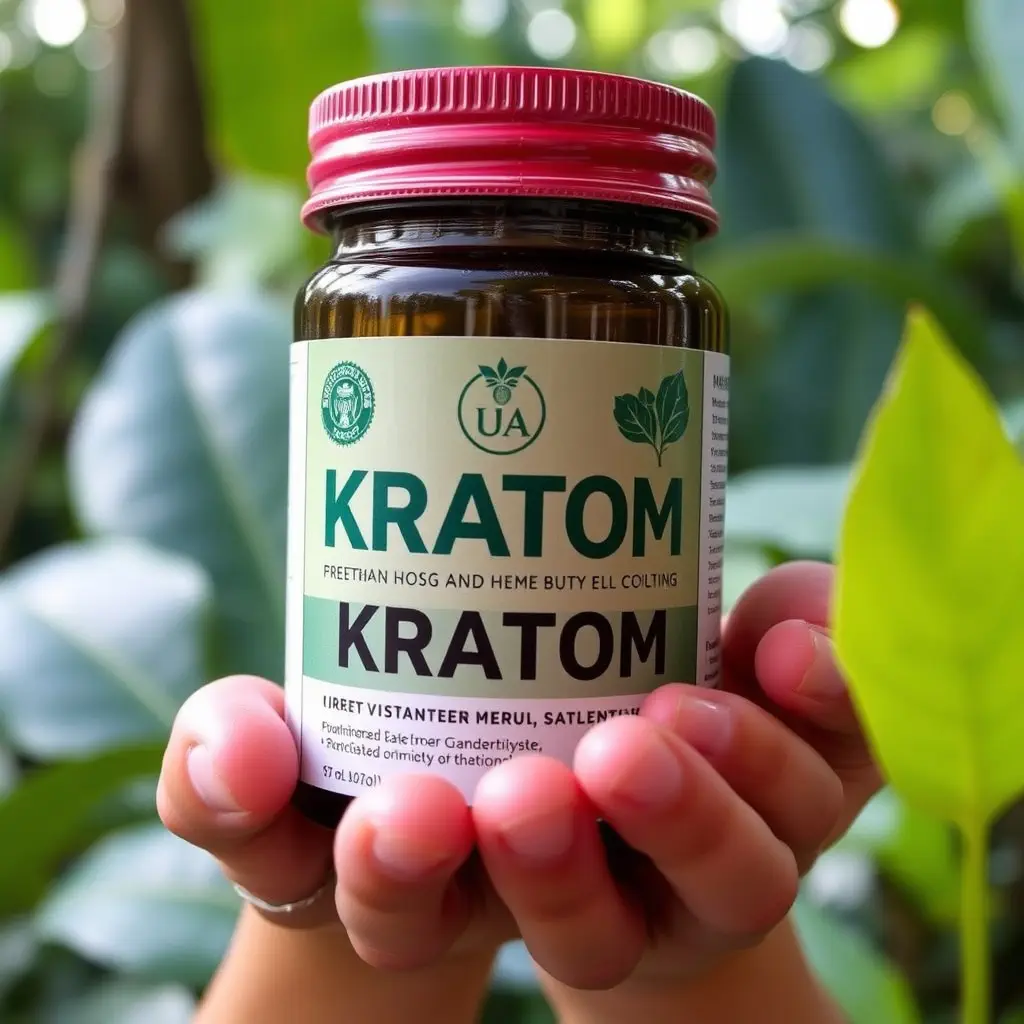As of my last update, while the federal government has classified kratom as a Schedule I substance, its legal status in Texas is nuanced and varies by local jurisdiction. In Texas state itself, kratom is not explicitly listed as a controlled substance. However, some cities within the state have enacted restrictions or bans on it. This means that individuals in Texas must be aware of and comply with both state and local laws regarding kratom to determine its legality in their specific area. For those considering using kratom to support mental resilience and enhance focus, energy, and mood regulation during training, it's crucial to exercise caution, monitor individual responses due to varying physiological reactions, and stay informed on the evolving legal status of kratom, particularly with the question of "is kratom illegal in Texas?" in mind. Always consult with healthcare professionals before incorporating kratom into any health or fitness regimen, and ensure compliance with all relevant laws to maintain legality in your fitness routine.
Mental toughness is a pivotal aspect of any training regimen, and athletes are continually seeking innovative methods to fortify their mental resilience. This article explores the integration of kratom—a natural supplement—into training protocols, with a focus on its legal status in Texas. We delve into navigating the complexities of kratom’s legality within the state, providing clarity for individuals interested in its potential benefits. Subsequent sections offer insights into crafting a robust mental toughness training regimen that includes kratom and examine its role in fitness and performance enhancement, all while considering the legal landscape in Texas. Understanding both the promise and the limitations of kratom within the realm of athletic training is crucial for those looking to enhance their mental fortitude.
- Navigating Mental Resilience: The Role of Kratom in Training and Its Legal Status in Texas
- Crafting a Robust Mental Toughness Training Regimen with Kratom: Insights and Methods
- Understanding Kratom's Place in Fitness and Performance Enhancement Amidst Legal Considerations in Texas
Navigating Mental Resilience: The Role of Kratom in Training and Its Legal Status in Texas

navigating mental resilience is a critical aspect for individuals engaging in rigorous training, particularly when incorporating kratom as part of their regimen. Kratom, derived from the Mitragyna speciosa tree, has been recognized for its potential benefits in enhancing focus, energy, and mood regulation, which can be pivotal for mental endurance during strenuous activities. Incorporating kratom into training can provide a stabilizing effect on mental fortitude, allowing individuals to push through physical and mental barriers. However, it’s imperative to approach its use responsibly, adhering to the appropriate dosage and understanding its effects, as kratom interacts differently with each person’s physiology.
The legal status of kratom is a matter of importance, especially for residents of Texas. As of the knowledge cutoff in 2023, kratom is not explicitly illegal at the federal level in the United States, although the DEA has previously taken actions to classify it as a Schedule I substance, which was later overturned by judicial review. On the state level in Texas, kratom’s legal status is nuanced. While some cities within the state have enacted restrictions or bans on kratom, the Texas Health and Safety Code does not explicitly list it as a controlled substance. This means that while kratom is accessible in many parts of Texas, its legality can vary depending on local jurisdictions. It’s crucial for individuals to stay informed about the current laws affecting kratom in their specific area within Texas to ensure they are in compliance with state and local regulations when using it as part of their mental toughness training strategies. Always prioritize legal and safe practices when integrating kratom into any health or fitness routine.
Crafting a Robust Mental Toughness Training Regimen with Kratom: Insights and Methods

Crafting a mental toughness training regimen that incorporates kratom requires a nuanced approach, considering the legal status and potential effects of this plant. Kratom, derived from the leaves of Mitragyna speciosa, has been used traditionally in Southeast Asia for its stimulant and sedative properties. In Texas, as of my knowledge cutoff in 2023, kratom is not explicitly illegal at the federal level but has faced regulatory challenges; it’s crucial to stay informed about the current legal status in your area before integrating it into any training program.
When designing a mental toughness protocol with kratom, one must prioritize safety and legality. The alkaloids present in kratom can influence mood and energy levels, potentially enhancing focus and resilience when used responsibly. Practitioners interested in this approach should start with low doses to understand individual responses before gradually adjusting according to personal tolerance and the specific demands of mental toughness exercises. It’s essential to consult with a healthcare provider to ensure that kratom use aligns with overall well-being and does not interfere with other treatments or medications. Additionally, incorporating cognitive-behavioral techniques, mindfulness practices, and structured physical conditioning can create a comprehensive training regimen that leverages the potential benefits of kratom while fostering mental resilience and strength.
Understanding Kratom's Place in Fitness and Performance Enhancement Amidst Legal Considerations in Texas

Kratom, a plant originating from Southeast Asia, has gained attention within fitness and performance enhancement circles due to its potential ergogenic properties. The alkaloids found in kratom leaves have been reported to influence energy levels, pain sensitivity, and mood, which can be beneficial for athletes and individuals seeking to enhance their workout regimens. However, it’s crucial to understand the legal status of kratom when considering its use for fitness purposes. In Texas, the legal landscape concerning kratom is subject to change; as of the knowledge cutoff date, kratom is not explicitly classified as a controlled substance at the state level. This means that while federally the DEA has placed kratom in the Schedule I category of drugs of abuse, within Texas, it remains legally accessible. It’s imperative for individuals to stay informed on the evolving legislation surrounding kratom, as legal status can vary by jurisdiction within the state. Users should always prioritize safety and legality when incorporating kratom into their training routines. They must adhere to the advice of healthcare professionals and be aware that the use of kratom may carry potential health risks and side effects. As such, understanding both the fitness benefits and the legal implications is essential for anyone considering kratom as part of their performance enhancement strategy in Texas. Users should monitor local laws and regulations to ensure compliance with all applicable statutes, as the status of kratom can shift with new legislation or changes in federal scheduling.
In conclusion, the integration of kratom into mental toughness training regimens presents a multifaceted approach for enhancing performance and resilience. As discussed, when used responsibly and within the legal frameworks—crucial considerations given the status of is kratom illegal in texas—kratom can be a valuable component of an athlete’s or individual’s training routine. The insights provided in navigating mental resilience, crafting robust training methods, and understanding its role in fitness underscore the potential benefits of kratom when approached with caution and informed by legal guidelines. It is imperative for individuals to stay updated on the legalities surrounding kratom use in Texas to ensure compliance and safety. As such, a well-informed and judicious application of kratom as part of one’s mental toughness strategy can contribute significantly to an individual’s training and performance outcomes.






